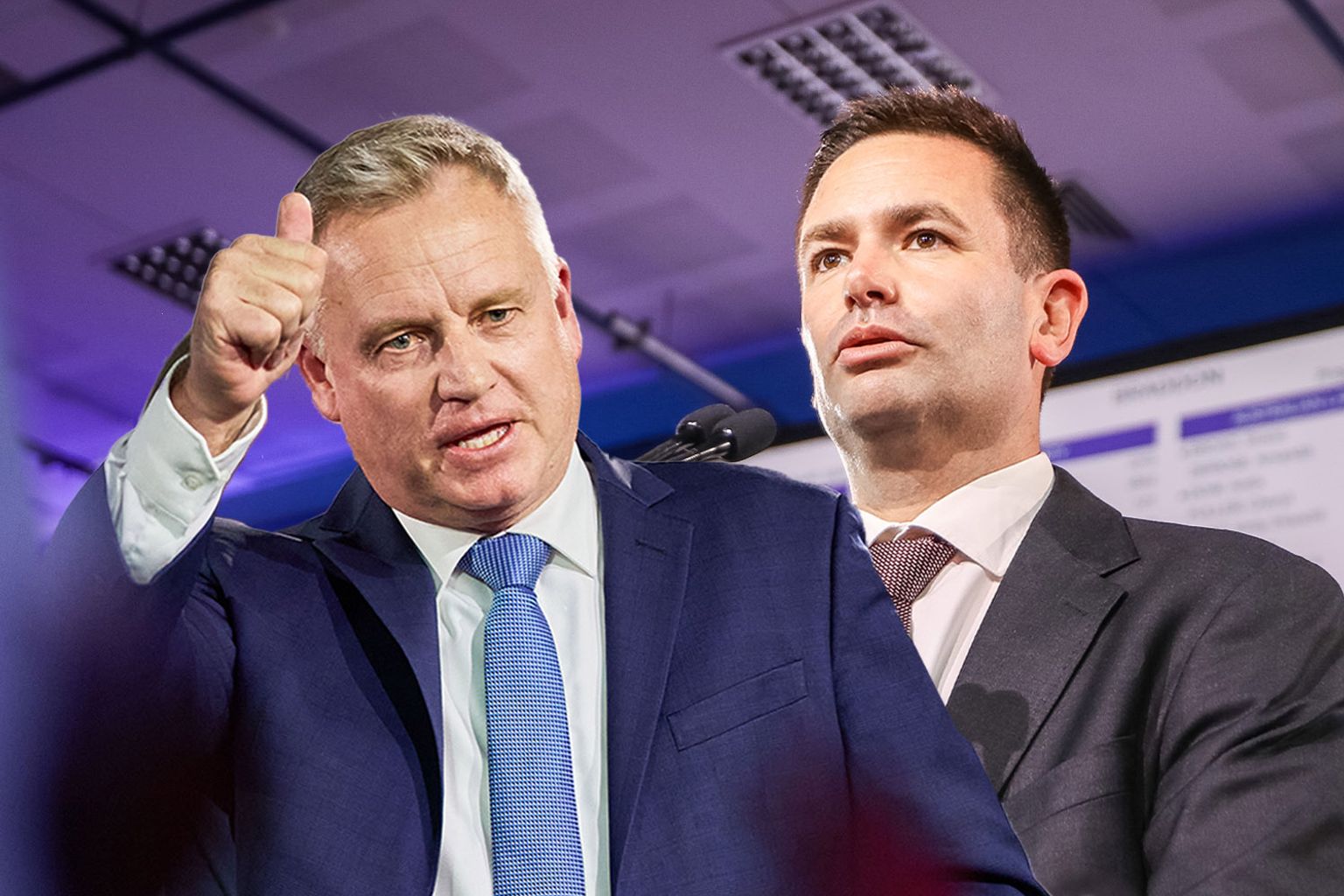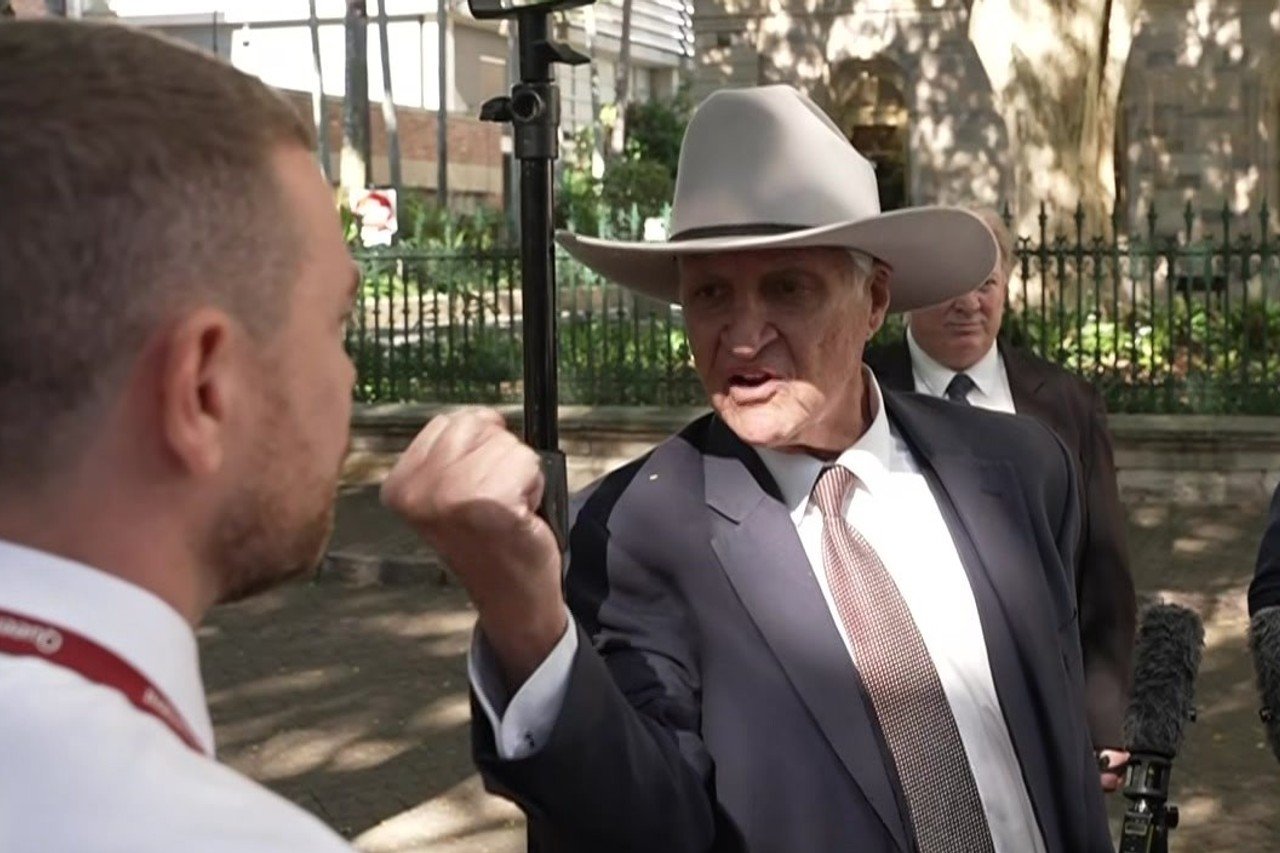The mayors of greater Hobart have been accused of acting in their own “self-interest” after coming out against plans that could see them stripped of some planning powers for certain projects.
The state government is currently in the process of making changes to the Land Use Planning and Approvals Act that would allow a new Development Assessment Panels (DAP) to assess select projects independent of councils.
Premier Jeremy Rockliff said it will ‘take the politics out of planning’ and avoid refusals from councillors with potential conflicts, but the mayors believe it will have the opposite effect.
They say it “undermines longstanding democratic processes” and “shifts the balance overwhelmingly in favour of developers”.

“We’re very concerned that if this draft law passes unamended it will see Tasmania become a bit of a ‘wild west’ for planning and development,” Hobart’s Lord Mayor Anna Reynolds said.
“[Housing and Planning] Minister [Felix Ellis] needs to amend his law to make it crystal clear that these panels must follow the planning rules that have been drafted in the public interest.”

Clarence Mayor Brendan Blomeley described the legislation as “exceedingly poor” and claimed it “limits or removes” community and stakeholder engagement.
“This is a thinly veiled attempt to centralise power and bypass local councils,” he said.
Glenorchy Mayor Sue Hickey predicted the change would cause “a lot of grief” for local government, while Kingborough Mayor Paula Wriedt requested more information.
Speaking on Wednesday, Rockliff said he was “not interested in mayors that have self-interest and are grandstanding”.

“For far too long in this state, developments have been held back which will provide opportunity for Tasmanians,” he said.
“We’ve had housing developments knocked back because of planning matters at a local government level.”

He insisted that the government is focused on “putting roofs over people’s heads”.
“I’m open to hearing everyone’s concerns, clearly, but what I want to do is get things done.”
The Premier also rejected suggestions that the changes could undermine community voices, saying it “won’t undermine [them] at all”.






